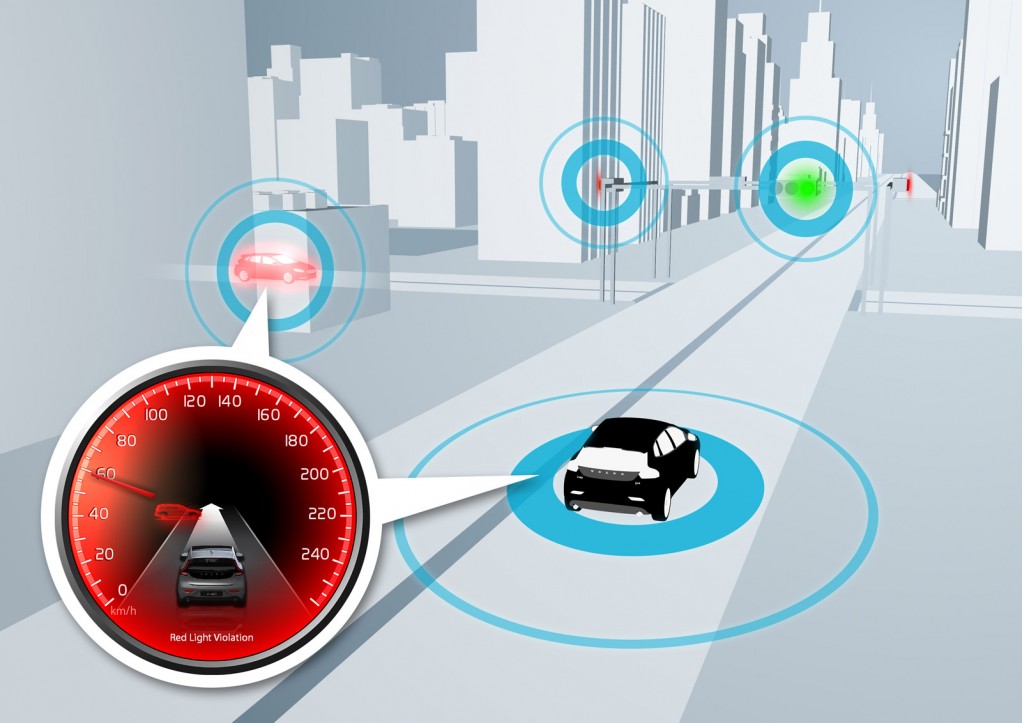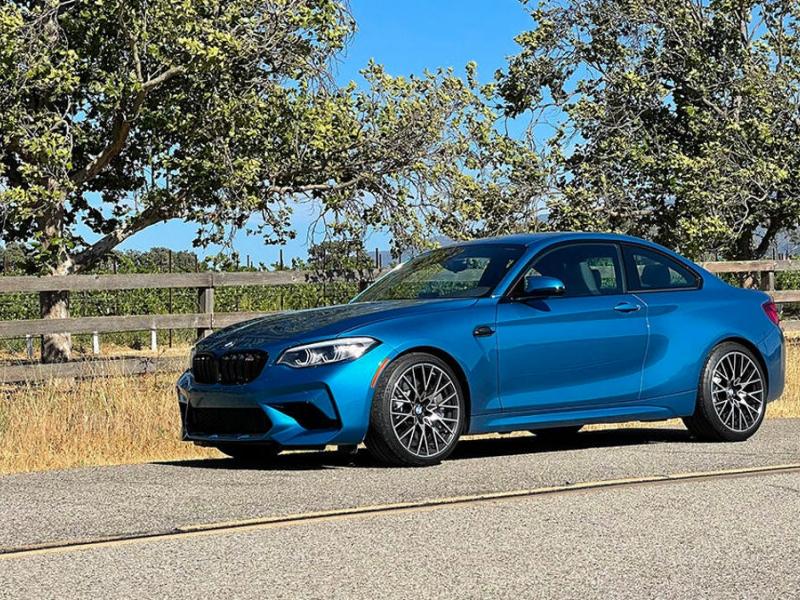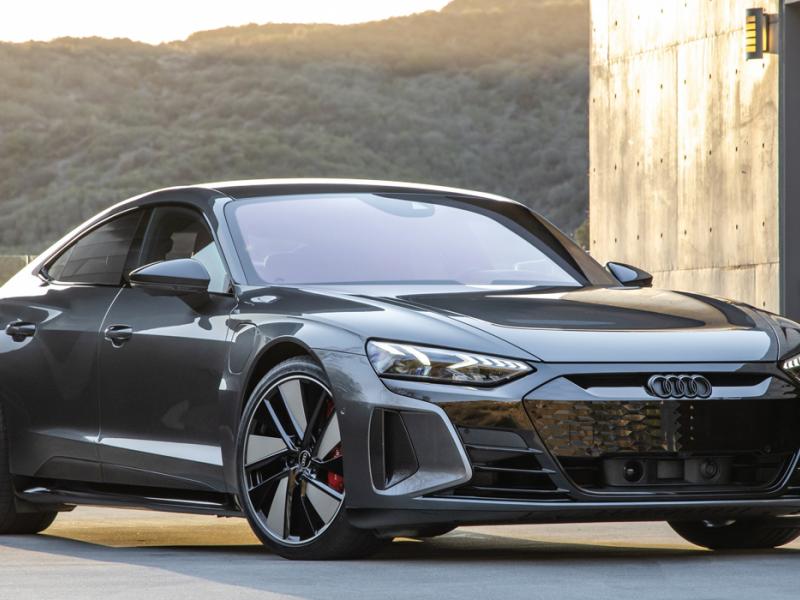Ford Begins Testing Car-to-Car Communication
Fri, 01/13/2012 - 09:26
Ford is stepping up its safety game by kicking off real-world testing of its futuristic car-to-car communication technologies.
Real-world testing forms part of “Safe Intelligent Mobility – Testfield Germany,” a four-year practical field test of the potential of intelligent communication systems to improve traffic safety and mobility. Ford contributes 20 specially-equipped S-MAX models to a 120 vehicle fleet that will be used to test new technologies over thousands of kilometres.
Now one might ask what is the use of cars talking to each other. What this technologies mean to average people is that roads could be made safer and traffic congestion reduced by using mobile communications technology to integrate vehicles with each other and with transport infrastructure. This will make the job of driving easier and less stressful.
Details in Ford press release:
Technologies being tested as part of the simTD research project include:
- Electronic Brake Light, which delivers a message from the lead vehicle to a following vehicle if an emergency braking procedure is carried out, even if the incident occurs out-of-sight, for example around a bend in the road. Ford is leading the development and integration of this application
- Obstacle Warning system, which enables a vehicle to inform other road users of the presence, position and type of potentially hazardous obstacles on the road
- Traffic Sign Assistant, which remains in continuous contact with traffic management centres to access up-to-date information on variable speed limits, temporary restrictions and diversions, as well as providing details of current and approaching permanent regulations, such as fixed speed limits and right of way
- Public Traffic Management, which provides exact traffic prognosis based on comprehensive information. This includes identifying likely traffic scenarios and their impact at the point in the journey when they are encountered rather than at the point of departure
- In-car internet access, which, for example, can enable the driver to reserve and pay for parking en-route

[{"target_id":"256864","alt":null,"title":null,"width":"1024","height":"723","url":"\/sites\/default\/files\/articles-images\/87\/car-2-car-and-car-2-object-communication-technology_100406473_l.jpg"},{"target_id":"256865","alt":null,"title":null,"width":"949","height":"590","url":"\/sites\/default\/files\/articles-images\/3c\/ford-begins-testing-car-to-car-communication.jpg"}]




